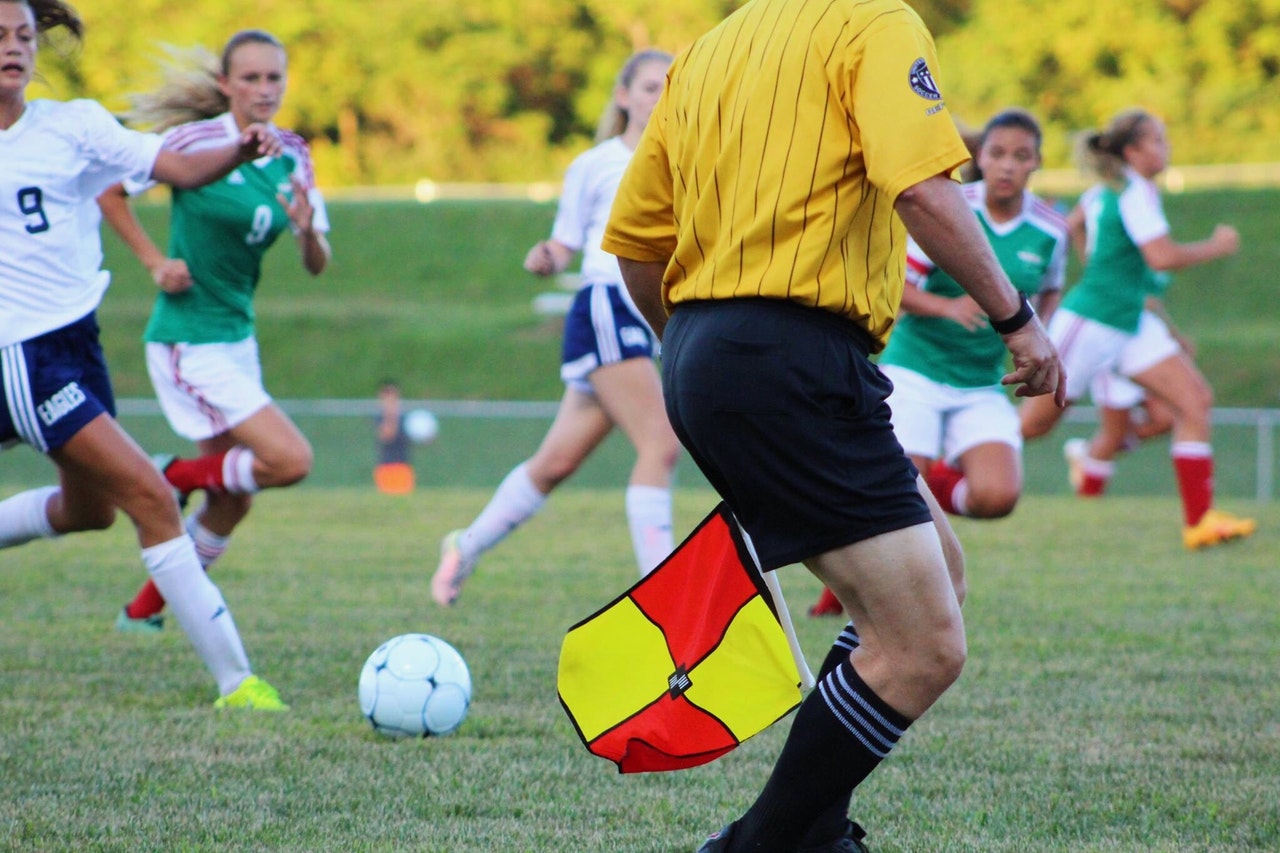The challenge surrounds the IR35 tax rules and the employment status of elite referees, which has seen a long-running dispute between HMRC and the body responsible for their contracts, the Professional Game Match Officials Ltd (PGMOL).
The legislation covering IR35 was designed to stop contractors working as ‘disguised employees’ and affects all contractors who do not meet HMRC’s definition of self-employment.
HMRC argues that the referees are employed under a contract of service, rather than being self-employed under a contract for services. The IR35 rules are important because whether someone is employed or self-employed will determine the tax and national insurance due by the individual and their client. In this instance there are huge sums involved, with a potential tax bill for the PGMOL of nearly £600,000 if they lose the case.
But assessing whether a contract involves employment or self-employment can be very hard to identify. The situation is made more complicated by the fact that the rules may apply differently to different contracts for the same contractor, so some may fall within the off-payroll working rules and some may not.
In the case of HMRC v Professional Game Match Officials Ltd [2021]
the focus has been on the question of ‘mutuality of obligation’, the extent to which the referees and other officials involved could control the arrangements and whether there was an overarching contract of employment. The various officials formed what was known as the ‘National Group’, taking part in the second, third and fourth tiers of English football, FA Cup matches and within the Premier League.
PGMOL argued that no contractual relationship existed, and that match officiating was a hobby with referees managing any match officiating around other paid work and responding on a voluntary basis. HMRC disputed this, arguing that each individual engagement at a particular match was a contract of employment, and part of an overarching contract.
Now, the Court of Appeal has ruled that the First-tier Tribunal and Upper Tribunal both erred in law in their approach, when they decided that the referees and other match day officials were not employees of PGMOL and were performing under contracts for services.
“Although the Court of Appeal has decided that each tribunal took wrong turns in reaching their original decision, the case has been referred back to the tribunal specialists for the final decision, so it will be some time before we see a conclusive result in this case,” explained Chris Dewey, Employment Law expert at Ward Gethin Archer Solicitors. “In the meantime, this ruling suggests we should review the weight given to criteria such as mutuality and occasionality as it is likely to undermine many current assumptions.”
That’s because many contractors have interpreted IR35 rules as meaning that where they provide their services on an occasional basis, and with no obligation to accept any particular assignment, there is no contract of employment.
Chris added: “The Court of Appeal ruling is likely to have implications far beyond the football pitch. Those who believe themselves to be self-employed, and those contracting with them, should review their arrangements and take advice, as it is evident from this long-running case that deciding on any given situation will be highly fact-dependant and every bit as complicated as the offside rule.”
